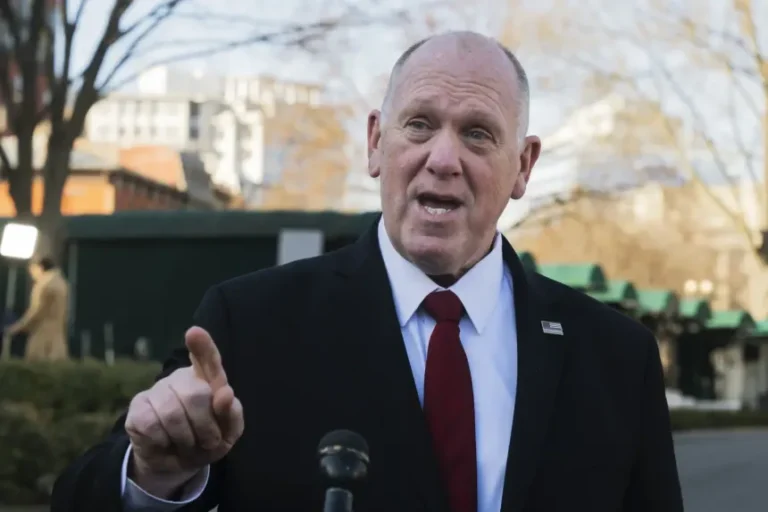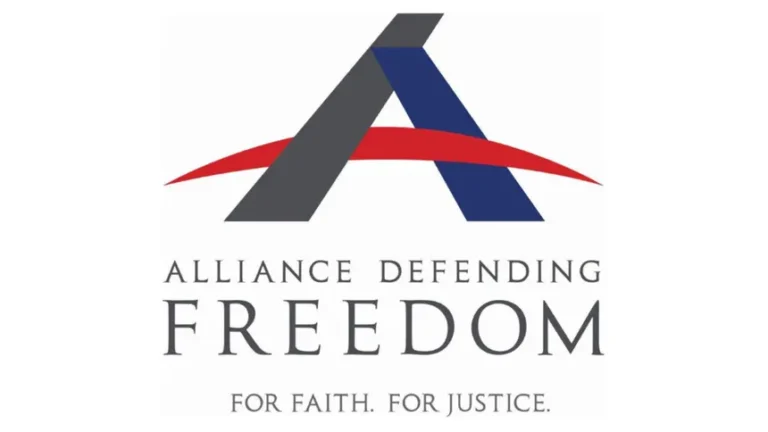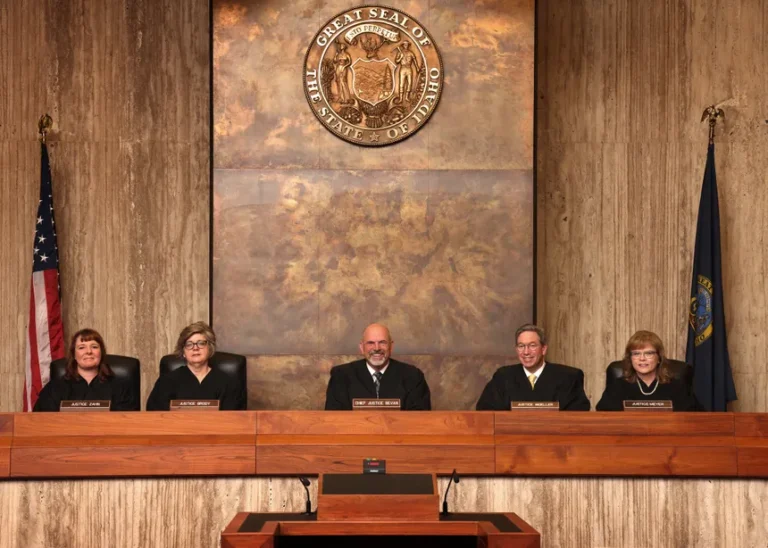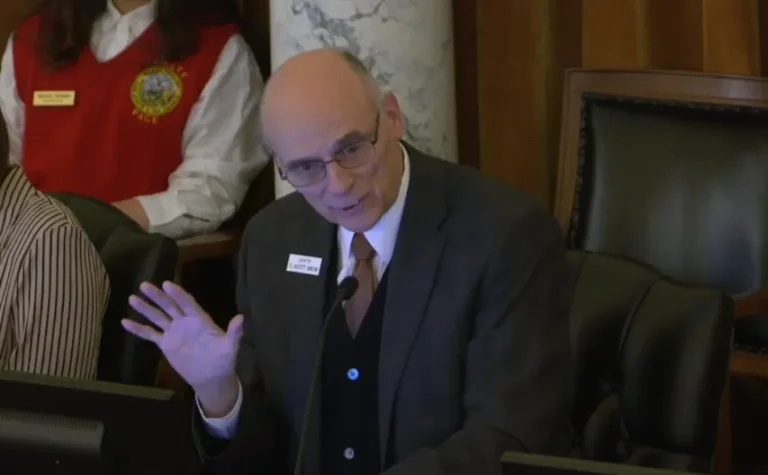
Supreme Court Decision Narrows Use of Nationwide Injunctions
In a 6-3 ruling on June 27, 2025, the U.S. Supreme Court restricted the authority of federal judges to issue injunctions that apply across the entire country. The decision came in a case involving President Donald Trump’s executive order on birthright citizenship.
Rather than addressing the constitutionality of the order, the Court focused on the procedural question of whether lower courts exceeded their authority by issuing nationwide blocks. Justice Amy Coney Barrett, writing for the majority, stated that such broad injunctions “likely exceed the equitable authority that Congress has given to federal courts.” The Court granted a partial stay, limiting the injunctions to apply only to the individuals who had standing to sue.
Lower Courts Directed to Reevaluate
The Court sent the case back to the lower courts to revise their earlier decisions. It instructed them to consider the ruling’s guidance and apply “principles of equity.” While the case continues, the Court delayed enforcement of Trump’s order for 30 days to allow time for additional legal challenges.
Overview of the Executive Order and Lawsuits
President Trump’s executive order, signed earlier this year, stated that children born in the United States would not automatically receive citizenship if their parents were in the country unlawfully or on temporary visas.
This marked a departure from longstanding legal interpretations of the 14th Amendment. Following the announcement, immigrant rights organizations and 22 state governments filed lawsuits. Three different federal district courts issued universal injunctions preventing the administration from enforcing the policy nationwide.
The legal foundation for birthright citizenship stems from the 14th Amendment, adopted in 1866, and affirmed by an 1898 Supreme Court decision. That precedent remains intact and was not challenged in the Court’s ruling.
Responses From the White House and Dissenting Justices
President Trump praised the ruling as a major win, saying it upheld the Constitution and protected the separation of powers. He spoke publicly at the White House and later posted on Truth Social, arguing the decision allows his administration to move forward with its immigration agenda.
Attorney General Pam Bondi joined Trump at the press conference and emphasized that while the scope of injunctive relief was limited, the underlying legal merits of the birthright citizenship order have not yet been decided. She declined to comment on how the order would be enforced.
Justice Sonia Sotomayor, writing for the three dissenting justices, criticized the majority’s decision. She argued that limiting nationwide injunctions undermines judicial effectiveness and ignores established equitable principles.
Historical and Constitutional Background
The 14th Amendment declares: “All persons born or naturalized in the United States, and subject to the jurisdiction thereof, are citizens of the United States.” This amendment was passed following the Civil War to reverse the Dred Scott decision, which had denied citizenship to Black Americans.
For over a century, the amendment has been interpreted to confer citizenship on nearly anyone born within U.S. territory, regardless of their parents’ immigration status. The Supreme Court’s decision on June 27 did not alter that interpretation.





